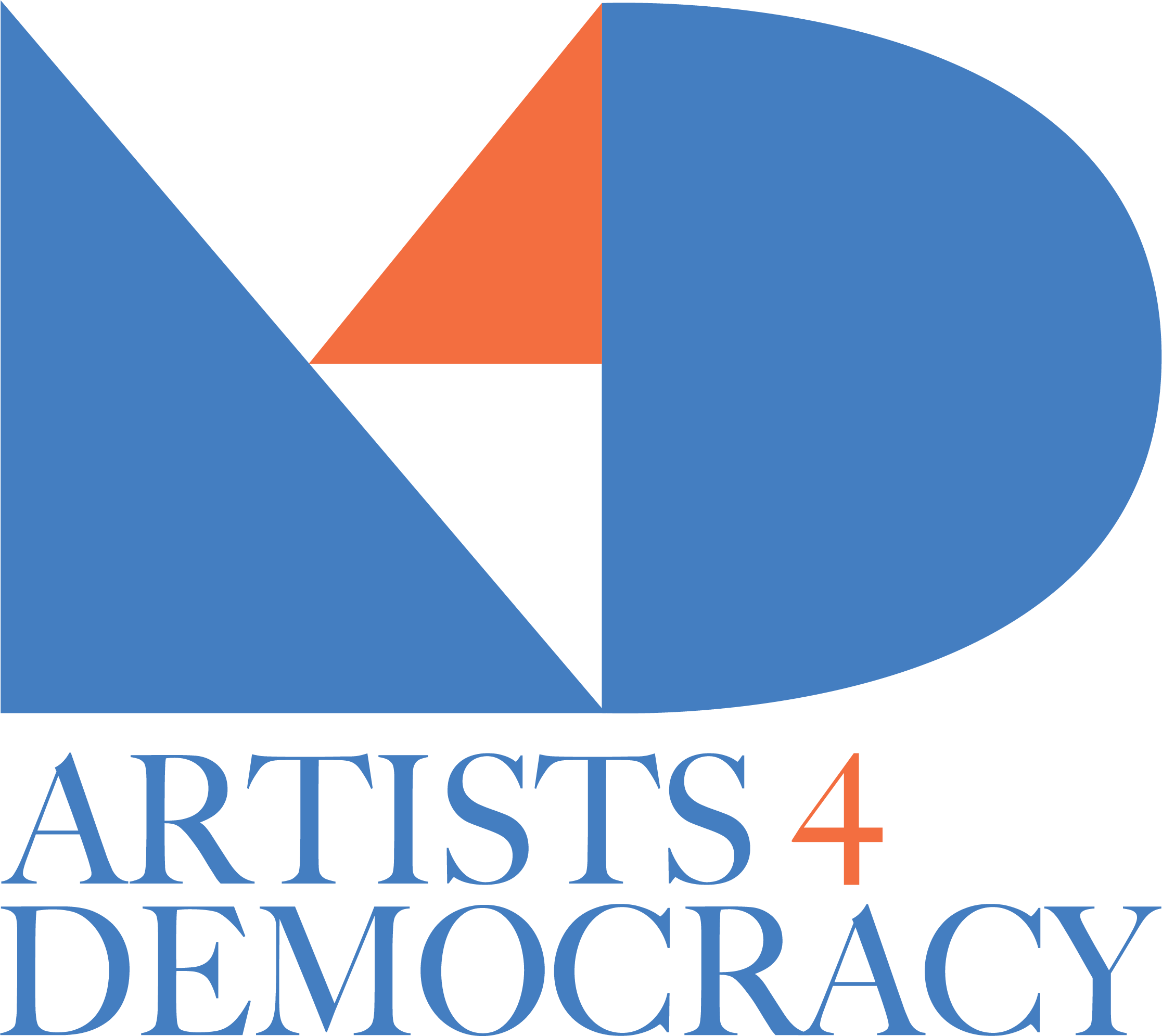People who have a plan to vote are ten percent more likely to vote, and every single vote will make a difference this fall. Download our printable, fill-in-the-blanks “Your Plan to Vote” zine. Print a stack to share with your family and friends! Just print double-sided, fold in half, then fold in half again for a portable, sharable guide. Level up by throwing a party where you and your friends fill out your plan to vote together.
STUDENT MADE ZINES!
Nevada based A4 Zine Club has created some handy voting guide zines just for you Nevada! Download to print out yours here -
See them as online zines here! -
Cal State LA students made this GOTV informational zine in partnership with the League of Women Voters and The Pat Brown Institute!
See the PA version here.
where parties stand on the issues
WHAT DO DEMOCRATS AND REPUBLICANS BELIEVE?
Messaging from the political parties can be confusing. Of course everyone wants “freedom” and “justice.” But what do they mean when they use these vague terms?
Below is a quick summary of where Democrats and Republicans generally stand on some of the most important issues of 2024. As you read each issue on this list, think about which party belief you agree with more. Who will make things better? Who will make things worse?
WHAT ABOUT THIRD PARTIES?
The hard truth about third-party candidates is that they do not bring in enough votes to win a US Presidential election, but they can work against the candidate that may have been your second choice. The Electoral College and our winner-takes-all system means that a “protest vote” is often a lost vote in Presidential elections. The practical result is electing someone you agree with far less than the candidate you find disappointing. Withholding your vote won't help your cause, either, as this is simply giving away your voice to the people who do show up and vote. (That being said, third parties sometimes run candidates for state and local elections, and in some of these situations, a vote for a third party may have more impact.)
ISSUES
CLIMATE CHANGE
Democrats believe: climate change is a big problem and we need stricter environmental laws
Republicans believe: climate change may not be real. Even if it is, we shouldn’t have to make changes to address it.
ALTERNATIVE ENERGY
Democrats believe: America should replace oil and coal with renewable energy sources like solar and wind
Republicans believe: America should produce more oil and coal rather than invest in alternative energy sources
RACIAL JUSTICE
Democrats believe: we need to do more to ensure racial equity, because white people benefit from advantages that people of color do not
Republicans believe: historical obstacles faced by people of color have been overcome and do not exist today
LGBTQIA+ RIGHTS
Democrats believe: the rights of LGBTQIA+ individuals should be protected by law, including the right to marry
Republicans believe: LGBTQIA+ rights do not need to be protected. Some Republicans want to eliminate current legal protections
HEALTH CARE
Democrats believe: health care is a human right. Government should take action to ensure everyone has access.
Republicans believe: health care should be handled by businesses. Government should not be involved.
STUDENT DEBT
Democrats believe: student debt is too much of a burden and should be reduced through loan forgiveness and reducing the cost of higher education
Republicans believe: student debt is a personal responsibility that should be handled by individual borrowers and businesses
ABORTION RIGHTS
Democrats believe: pregnant people should have access to safe and legal abortion and contraception
Republicans believe: abortion should not be widely available. Some want to restrict access to contraception.
IMMIGRATION RIGHTS
Democrats believe: immigrants contribute positively to America and their rights should be protected
Republicans believe: immigration laws should be more restrictive
MINIMUM WAGE
Democrats believe: minimum wage in the US should be raised to at least $15 per hour
Republicans believe: businesses should be allowed to pay their workers whatever they want
ROLE OF GOVERNMENT
Democrats believe: government should ensure everyone's basic needs are met
Republicans believe: it is not the government's job to make sure basic needs are met
TAXES ON BUSINESS
Democrats believe: taxes on large businesses and corporations should be raised
Republicans believe: taxes on businesses should be reduced
GUN VIOLENCE
Democrats believe: stricter gun laws will make us safer
Republicans believe: more guns will make us safer
VOTING RIGHTS
Democrats believe: voting is a fundamental right for every American and should not be restricted in any way
Republicans believe: it’s okay to put up barriers to voting in order to make sure people who shouldn’t vote don’t
Think about the issues that are important to you. Which party do you agree with more on those issues?
These are general guidelines to the two main political parties in the US. Not every member of each political party agrees on every issue. Within each party there are groups of people who lean more to the right (conservative) and some groups who lean more to the left (progressive).
If you want to dig deeper to learn more about differences between the two parties, read Beyond Red vs. Blue: The Political Typology from the Pew Research Center, which was a source for much of the information above. You can even take their quiz to find out where you fit, based on your personal beliefs.
And if you want to change our “winner-takes-all” system to create meaningful opportunities for third parties, take action by getting involved in the fight to abolish the Electoral College. The National Popular Vote Interstate Compact would give power back to the people and make every vote count.

